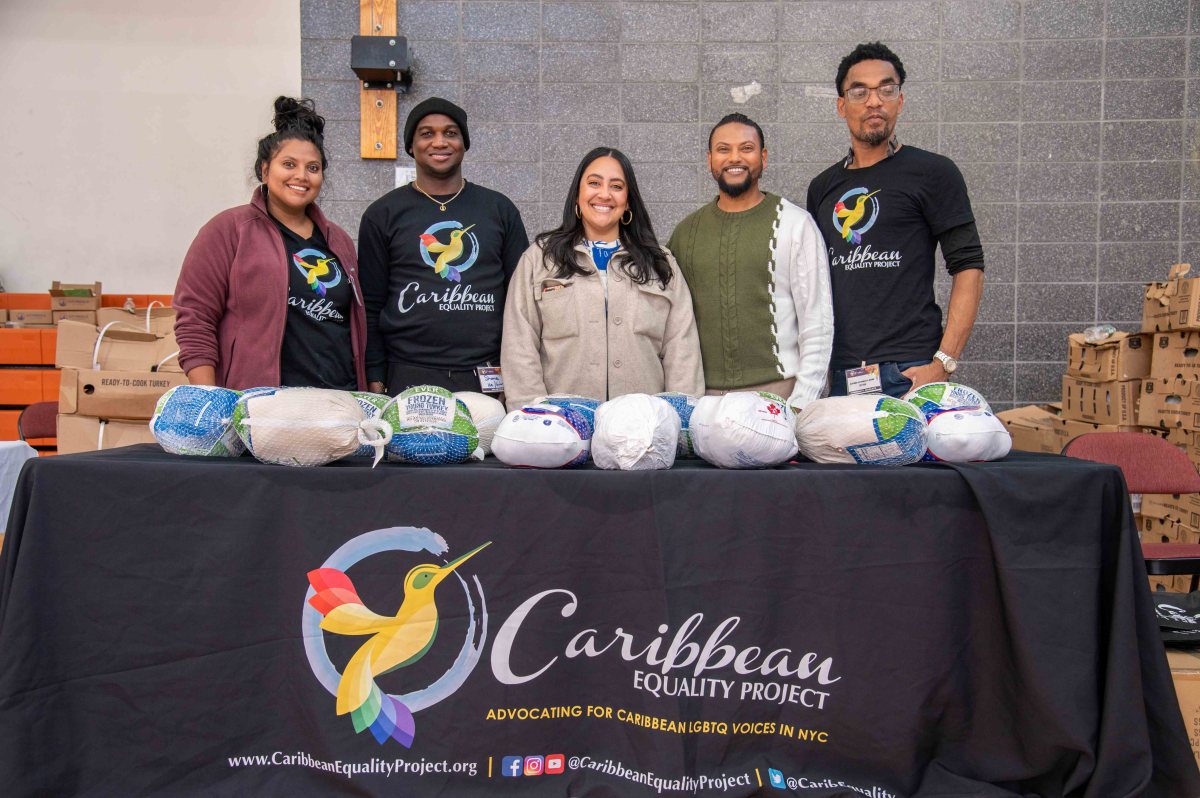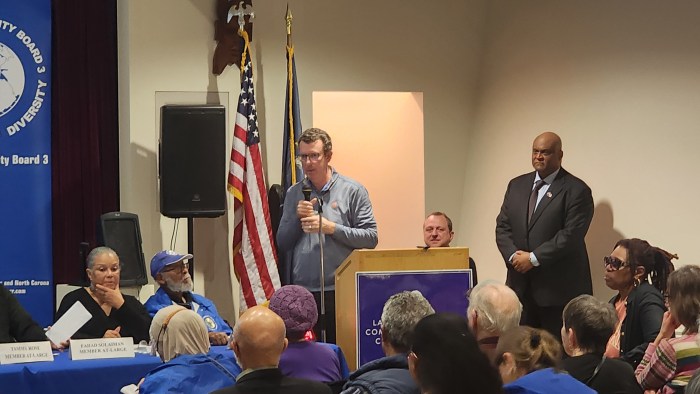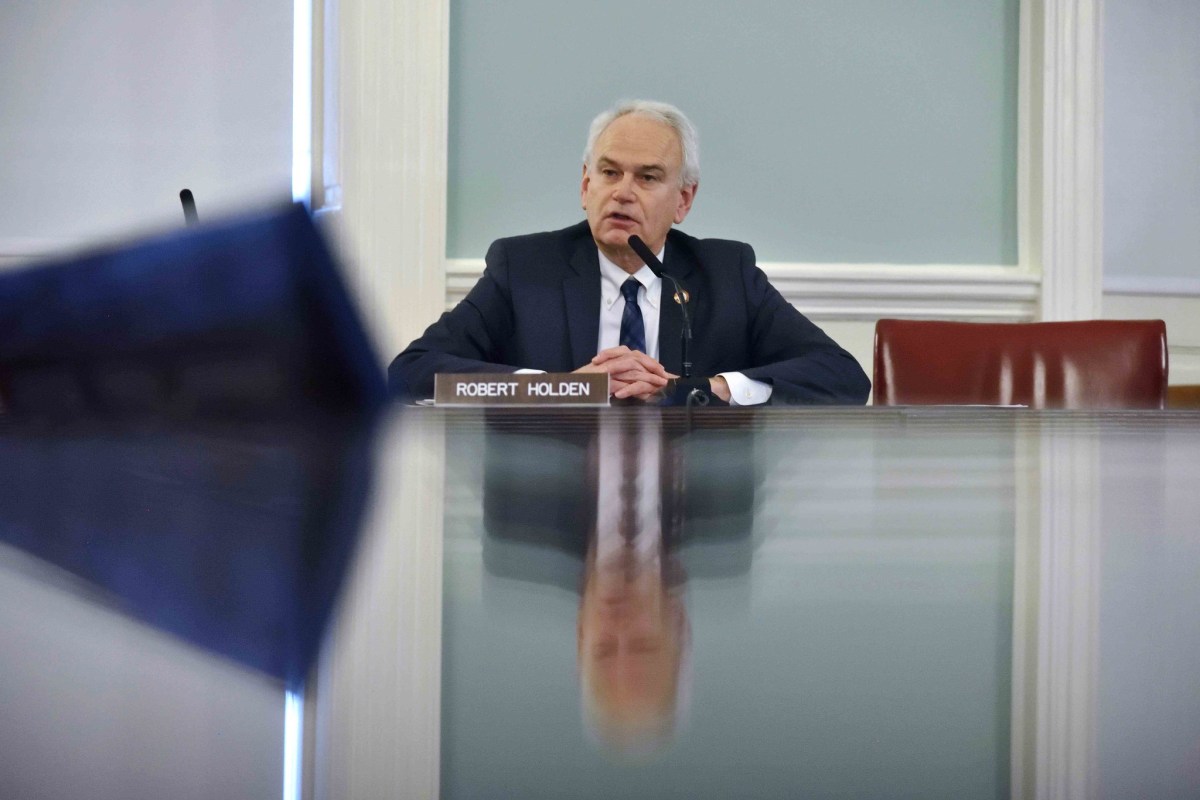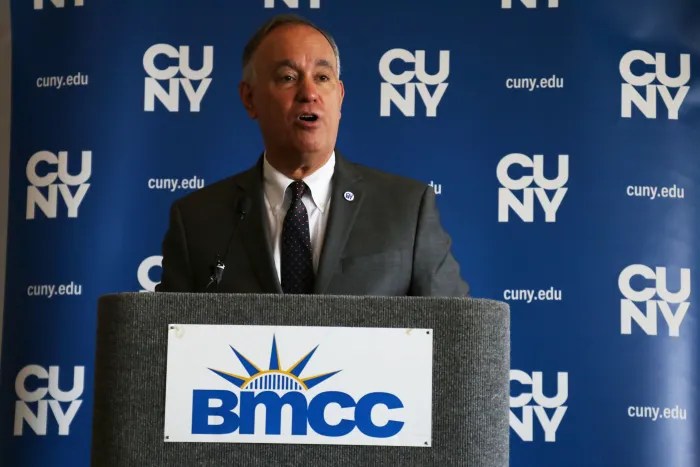Some Caribbean governments say they are moving to review travel bans on students and others from Nigeria in the wake of that West African country being declared free of the deadly Ebola virus for now officials said this week even as others say they are racing to become fully prepared for an outbreak.
Most Caribbean Community governments had in the past two weeks slapped travel bans on nationals and visitors from African countries which had or have been ravaged by the disease but from all appearances, some are moving to review those decisions.
The administration of Prime Minister Kamla Persad-Bissessar at mid week signaled that it will likely be the first to do so largely because the World and Pan American Health organizations had declared Nigeria, the world’s most populous country of people of African descent, free of the disease as it had experienced no new infections for 42 days.
The governments had said recently that they had taken a decision to ban travel since September but had withheld a formal announcement while researching whether the bans would have violated the human rights of potential visitors. Once that was established, governments moved to do so quickly.
“The matter will be considered and discussed by cabinet tomorrow. I think that is the appropriate forum to receive information and to take the decision. We will certainly review it in light of the clearance from the WHO and I will be very happy to have that review. As you know, we have very close ties with Nigeria. In our own country we have a lot of Nigerian doctors who work here and a lot of Trinis go to work in Nigeria and, in addition, the president of Nigeria visited us here and I will be very happy to review the ban on Nigeria given the information that has come forward.”
Many of the CARICOM member states, particularly those with international offshore medical universities play host to hundreds of Nigerians and other West African students each year. Nigerian nurses and doctors also work in some of the countries and travel frequently between Africa and the Caribbean.
Meanwhile, Jamaican health authorities say they have now sourced and acquired hundreds of personnel protection suits and other safety equipment to deal with an Ebola outbreak even as pandemonium broke out at the rural Manchester Hospital this week when a Nigerian doctor who was ill turned up for treatment and was promptly declared to be an Ebola patient.
Dr. Bob Banjo, a Jamaican resident for nearly 30 years said all hell broke loose when he turned up sweating and dizzy for treatment at the hospital. It took nine hours for him to be diagnosed with high blood pressure as everyone at the facility panicked and scampered, particularly because there was no safety gear. He thinks that island preparation is way off in the event of an actual infected patient turning up for treatment.
But even as governments are reviewing travel bans, authorities are appealing to medical laboratories to ensure they are operating at premium levels in the wake of the Ebola and Chikunguyna outbreaks.
“Labs are being required to do so much more with less” at the moment as the region is facing an ongoing challenge from the severe epidemic of chronic diseases as well as ever-increasing threats posed by communicable diseases such as the already widespread regional epidemic of Chikungunya and the global threat of Ebola,” the health ministers forum said in a statement.




















